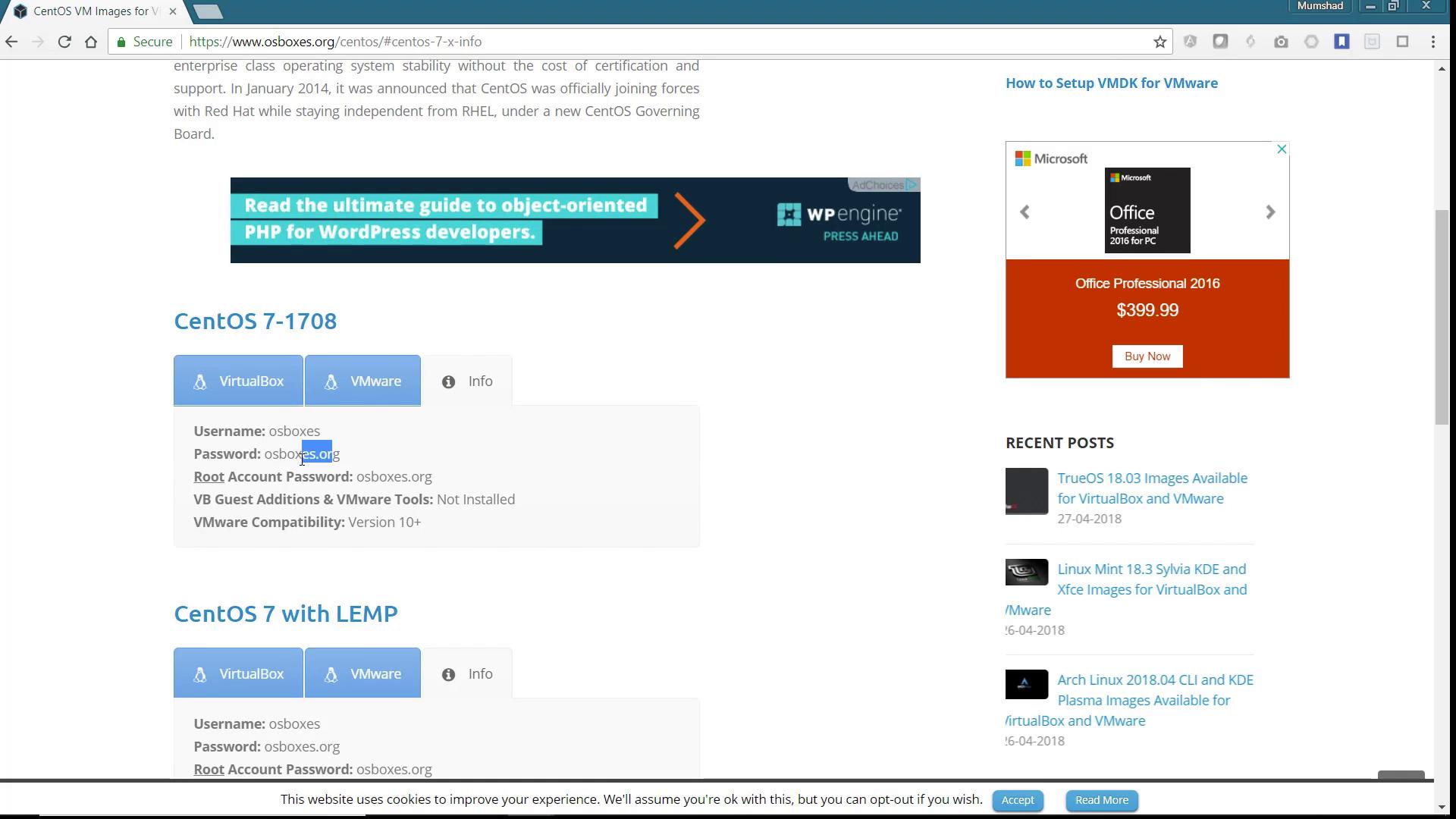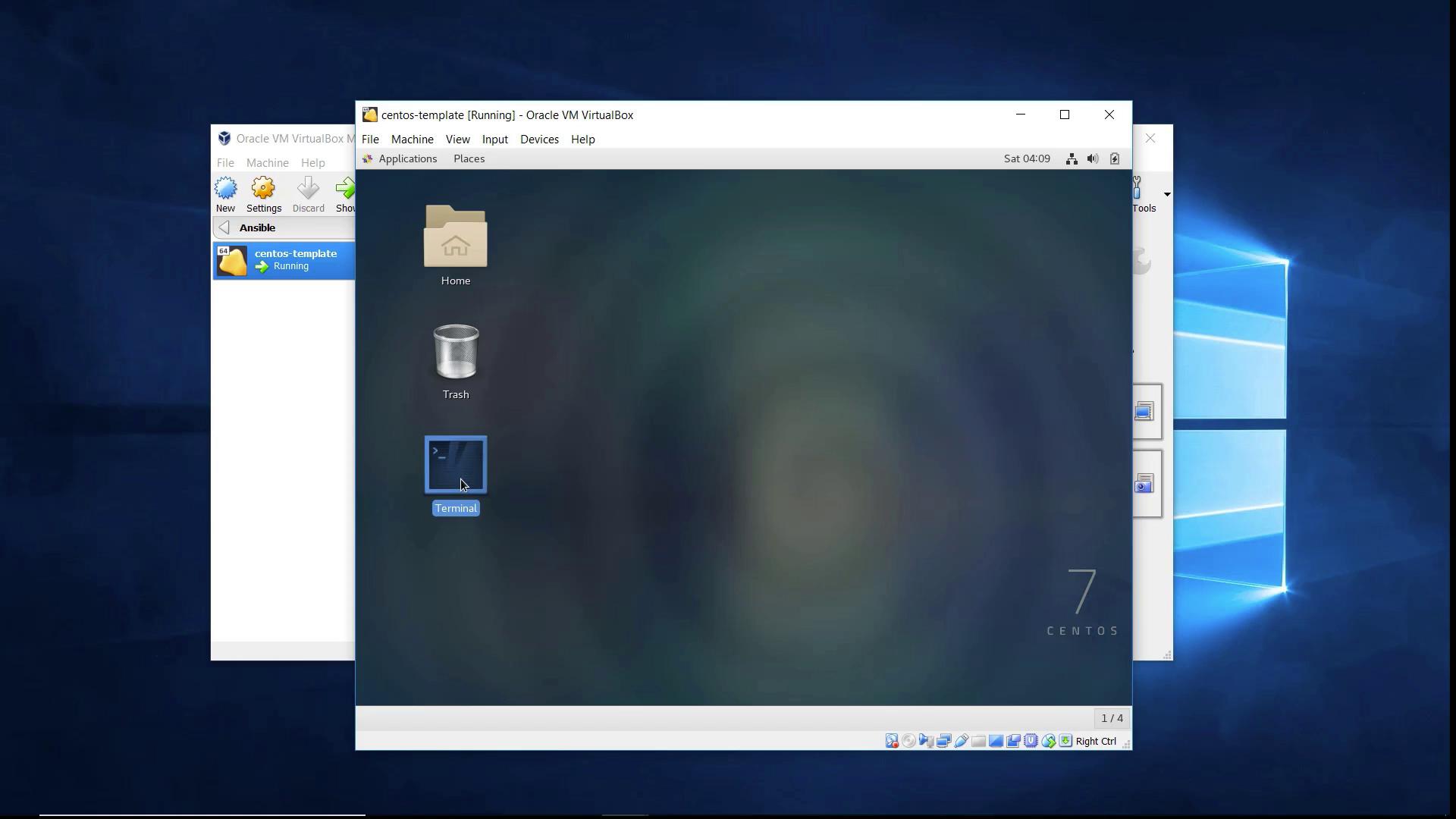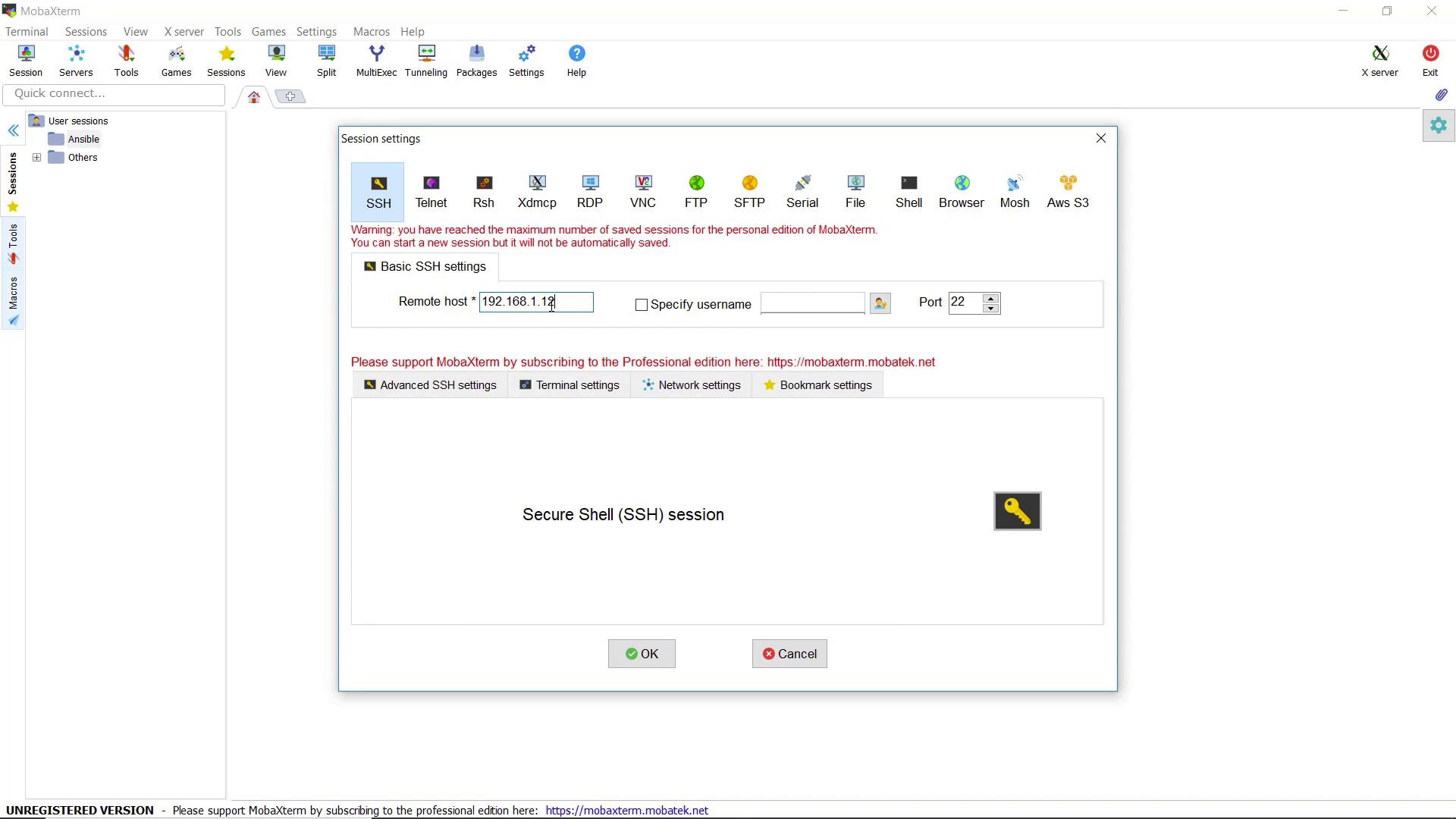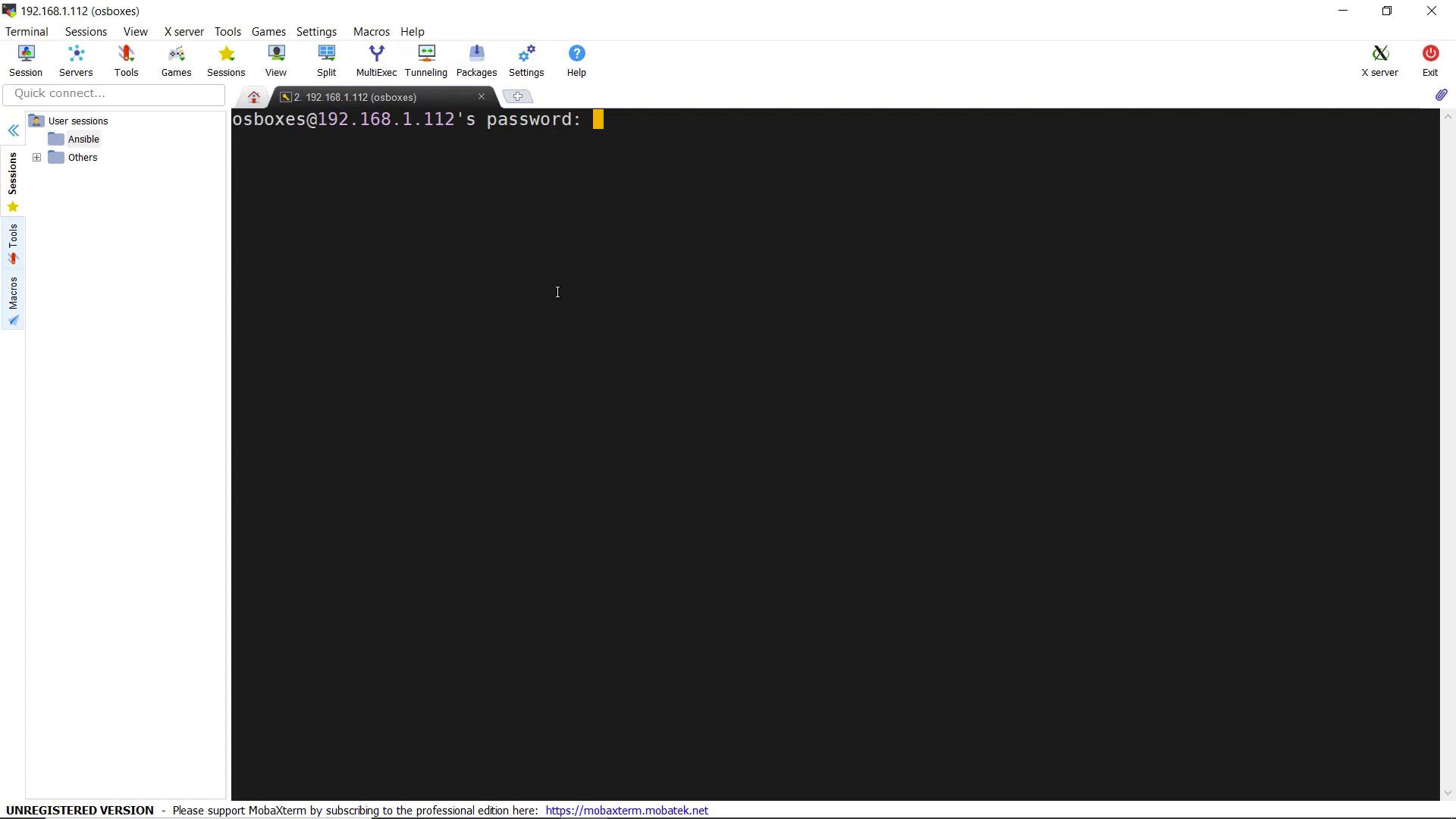DevOps Pre-Requisite Course
Lab Setup
Demo Connecting to VM on Windows
In this guide, you will learn how to connect to a CentOS virtual machine from a Windows system. The steps below cover logging into the VM, checking its network configuration, and establishing an SSH connection using MobaXterm or another SSH client.
Step 1: Log into the CentOS VM
At the login prompt on your CentOS VM, select the default user "osboxes". For images downloaded from osboxes.org, the login credentials are provided on the website's Info section—with the username being "osboxes" and the password "osboxes.org".

Enter the password osboxes.org and click Sign In to access your CentOS system.
Step 2: Check the VM's Network Configuration
Once logged in, open a terminal on the CentOS system and run the following command to display the network configuration:
ifconfig
This command reveals the current IP address assigned to the virtual machine. From the output, you should note the IP address, for example, 192.168.1.112.

Below is an example output of the ifconfig command:
osboxes@osboxes:~$ ifconfig
enp0s3: flags=4163<UP,BROADCAST,RUNNING,MULTICAST> mtu 1500
inet 192.168.1.112 netmask 255.255.255.0 broadcast 192.168.1.255
inet6 fe80::f68c:761a:9917:9bb2:7111 prefixlen 64 scopeid 0x20<link>
ether 08:00:27:3f:29:68 txqueuelen 1000 (Ethernet)
RX packets 234 bytes 16860 (16.4 KiB)
RX errors 0 dropped 0 overruns 0 frame 0
TX packets 75 bytes 9212 (8.9 KiB)
TX errors 0 dropped 0 overruns 0 carrier 0 collisions 0
lo: flags=73<UP,LOOPBACK,RUNNING> mtu 65536
inet 127.0.0.1 netmask 255.0.0.0
inet6 ::1 prefixlen 128 scopeid 0x10<host>
loop txqueuelen 1 (Local Loopback)
RX packets 0 bytes 0 (0.0 B)
RX errors 0 dropped 0 overruns 0 frame 0
TX packets 0 bytes 0 (0.0 B)
TX errors 0 dropped 0 overruns 0 carrier 0 collisions 0
virbr0: flags=4099<BROADCAST,MULTICAST> mtu 1500
inet 192.168.122.1 netmask 255.255.255.0 broadcast 192.168.122.255
inet6 fe80::42:3ff:fe9e:9288 prefixlen 64 scopeid 0x20<link>
ether 52:54:00:3d:a8:3a txqueuelen 1000 (Ethernet)
RX packets 0 bytes 0 (0.0 B)
RX errors 0 dropped 0 overruns 0 frame 0
TX packets 0 bytes 0 (0.0 B)
TX errors 0 dropped 0 overruns 0 carrier 0 collisions 0
Note
Ensure that you note the correct IP address from your ifconfig output. You will require this IP address to establish the SSH connection.
Step 3: Establish an SSH Connection
With your CentOS VM's IP address at hand, you can now establish an SSH connection from your Windows system.
Using MobaXterm
- Launch MobaXterm and create a new SSH session.
- Enter the following details:
- IP Address: 192.168.1.112
- Username: osboxes

- Click OK to proceed.
- When prompted, enter the password
osboxes.org.

After entering the correct password, you will be successfully logged into the CentOS VM via SSH. This secure connection allows you to manage your VM remotely.
Further Resources
For more information on managing SSH sessions on Windows, check out the MobaXterm documentation or explore PuTTY.
Watch Video
Watch video content